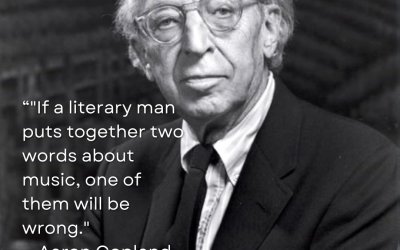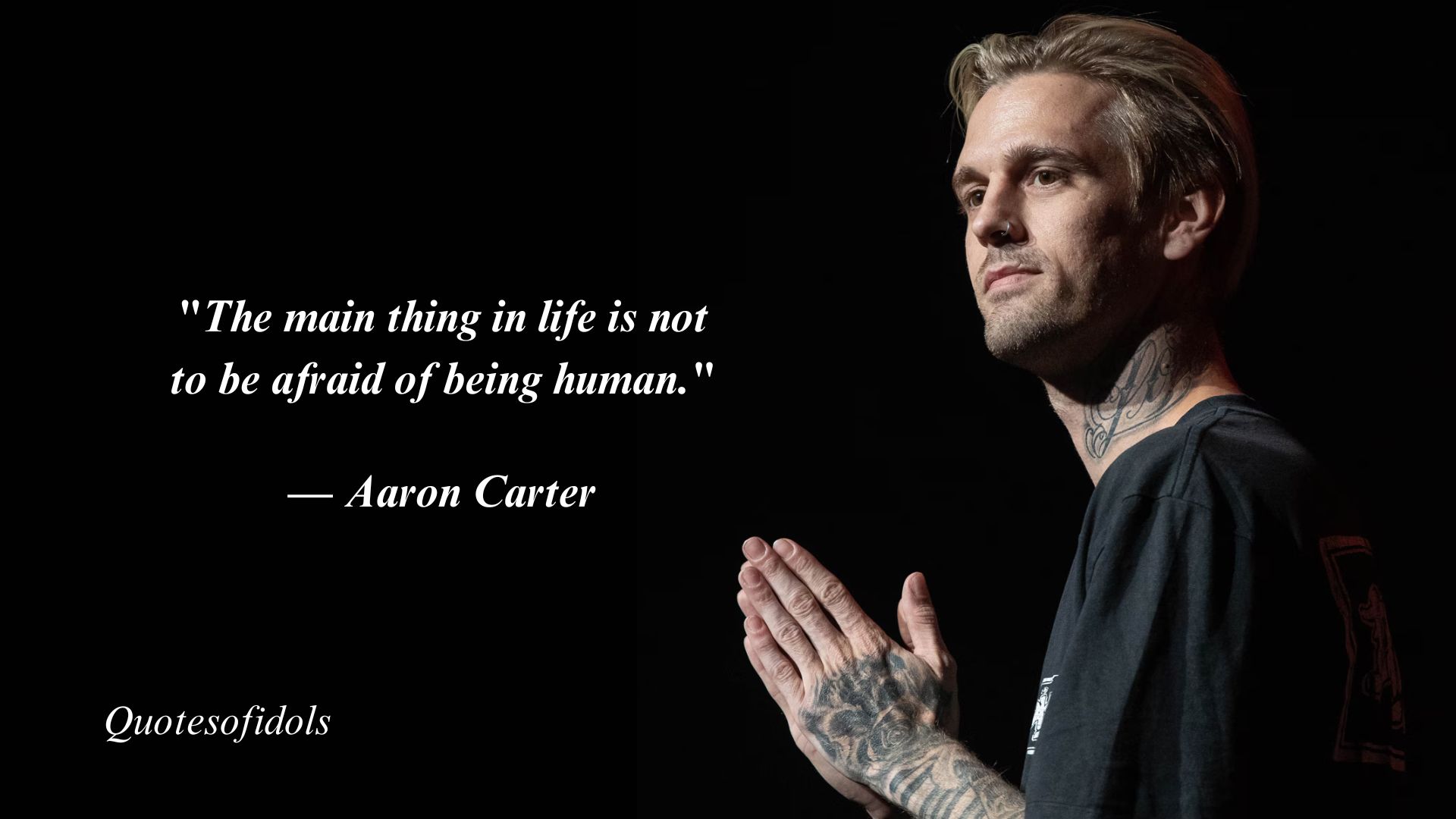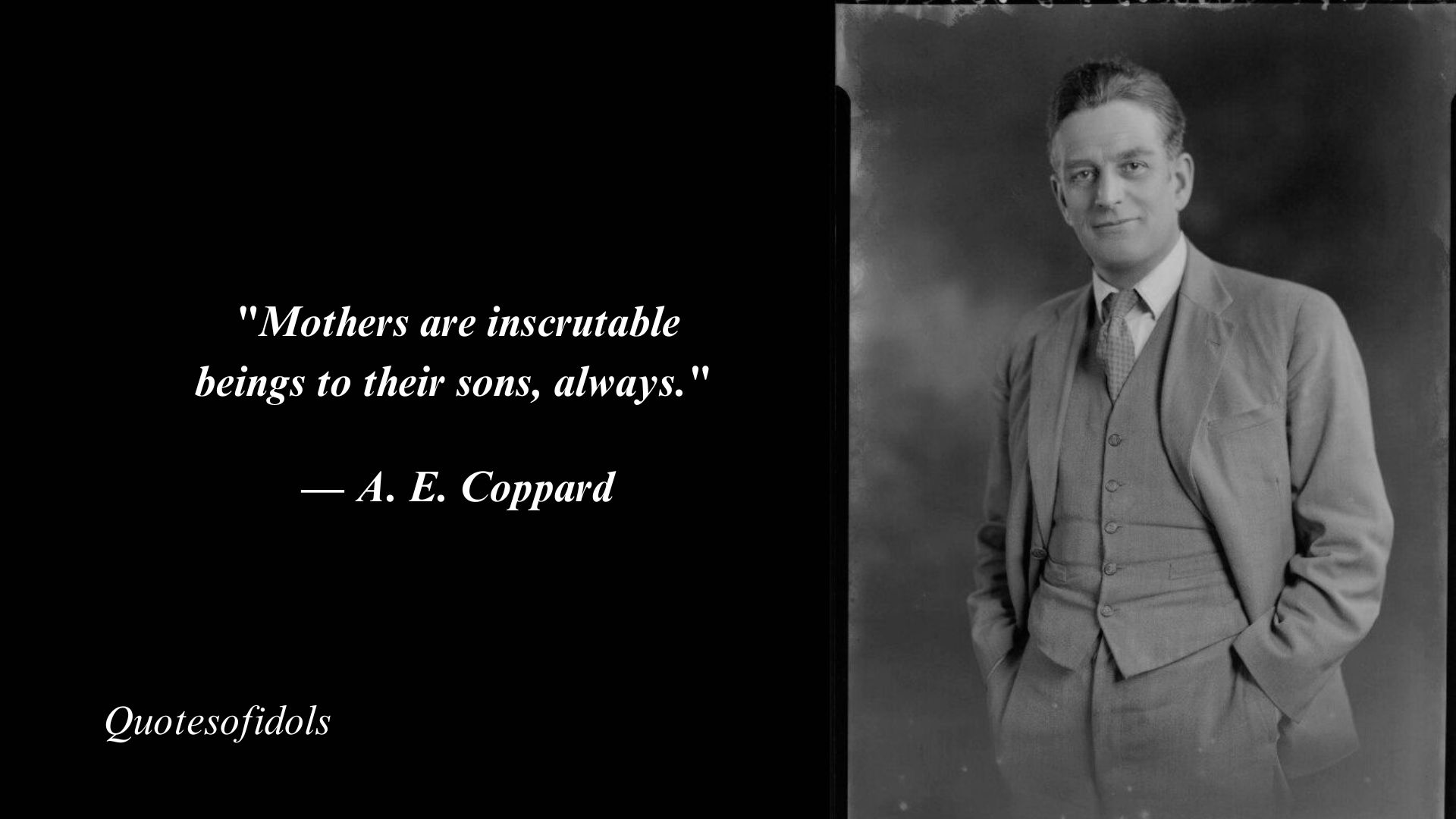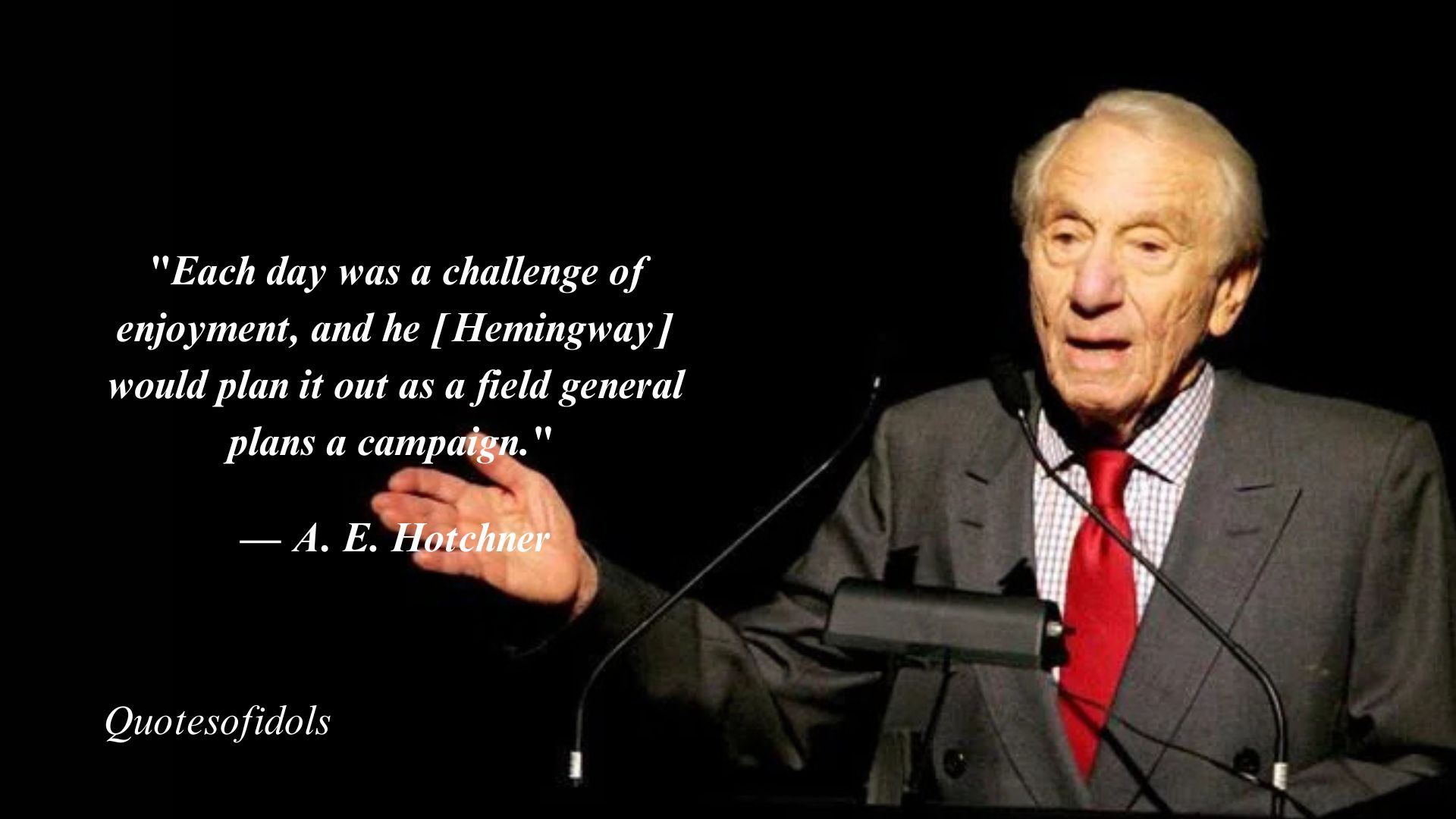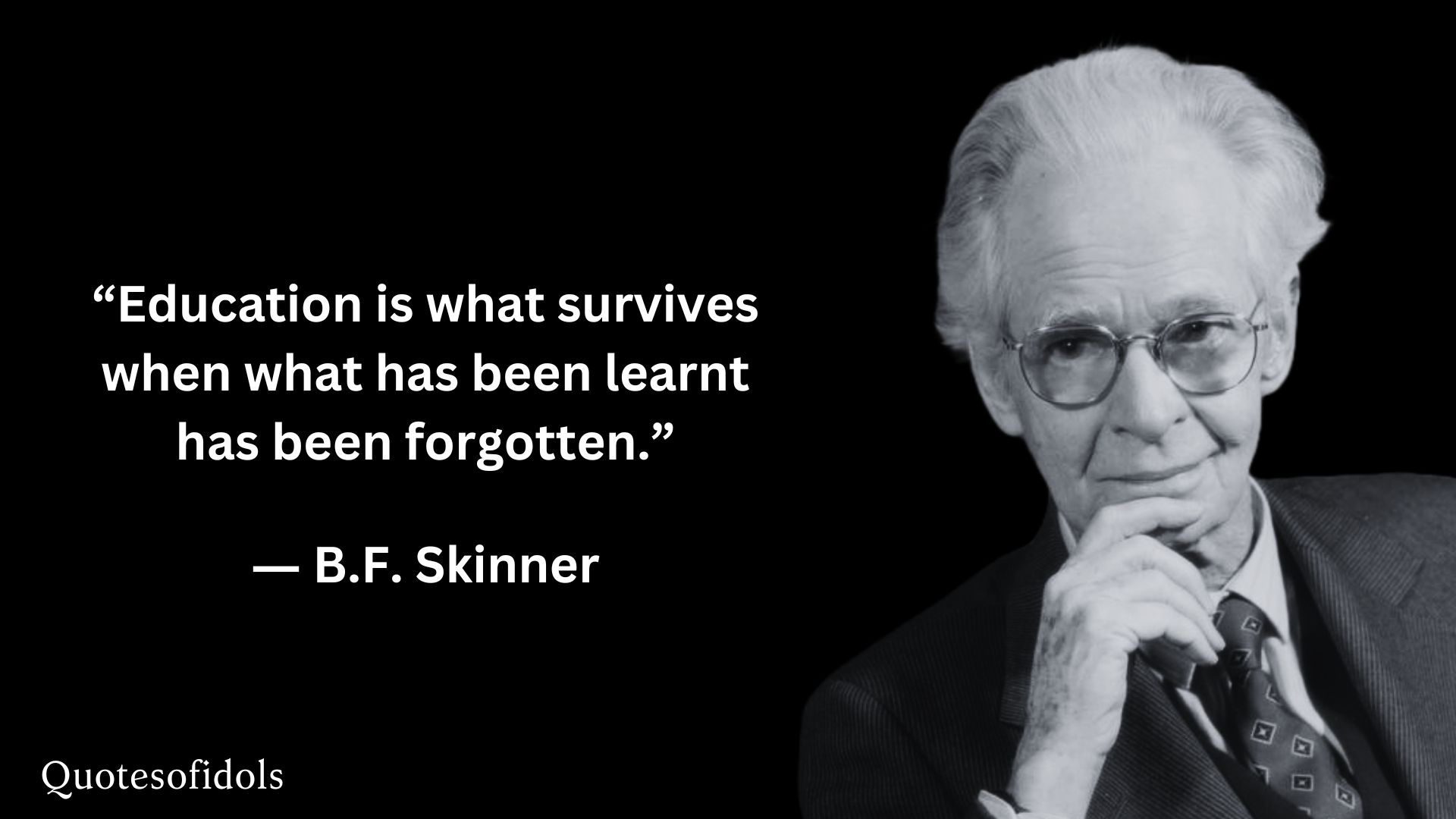All Time famous Quotes of Daniel Kahneman
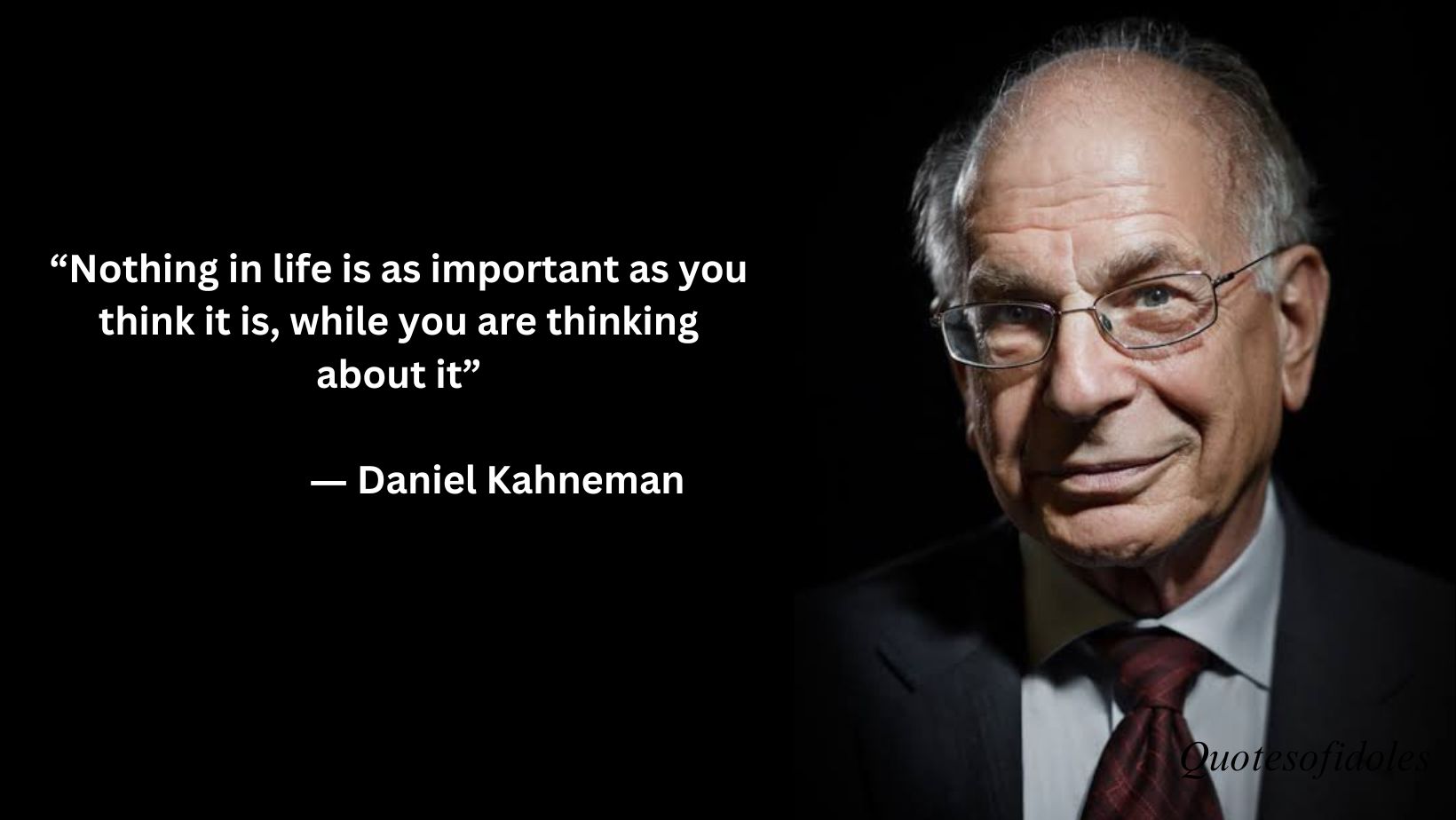
Born on March 5, 1934, Daniel Kahneman is an American psychologist who is of Israeli descent. He was awarded the 2002 Nobel Memorial Prize in Economic Sciences and is well-known for his research on hedonic psychology and behavioral finance.
Along with Amos Tversky and others, Kahneman created Prospect theory (Kahneman & Tversky, 1979) and provided a cognitive foundation for typical human errors utilizing heuristics and biases (Kahneman & Tversky, 1973, Kahneman, Slovic, & Tversky, 1982). He received the 2002 Nobel Prize in Economics in recognition of his contributions to prospect theory. He is currently an emeritus professor of psychology in the psychology department at Princeton University.
Daniel Kahneman Quotes
01. “A reliable way to make people believe in falsehoods is frequent repetition, because familiarity is not easily distinguished from truth. Authoritarian institutions and marketers have always known this fact.”
― Daniel Kahneman
02. “Nothing in life is as important as you think it is, while you are thinking about it”
― Daniel Kahneman
03. “Our comforting conviction that the world makes sense rests on a secure foundation: our almost unlimited ability to ignore our ignorance.”
― Daniel Kahneman
04. “If you care about being thought credible and intelligent, do not use complex language where simpler language will do.”
― Daniel Kahneman
05. “Intelligence is not only the ability to reason; it is also the ability to find relevant material in memory and to deploy attention when needed.”
― Daniel Kahneman
06. “The psychologist, Paul Rozin, an expert on disgust, observed that a single cockroach will completely wreck the appeal of a bowl of cherries, but a cherry will do nothing at all for a bowl of cockroaches.”
― Daniel Kahneman
07. “The idea that the future is unpredictable is undermined every day by the ease with which the past is explained.”
― Daniel Kahneman
08. “Money does not buy you happiness, but lack of money certainly buys you misery.”
― Daniel Kahneman
09. “Odd as it may seem, I am my remembering self, and the experiencing self, who does my living, is like a stranger to me.”
― Daniel Kahneman
10. “This is the essence of intuitive heuristics: when faced with a difficult question, we often answer an easier one instead, usually without noticing the substitution.”
― Daniel Kahneman
11. “We are prone to overestimate how much we understand about the world and to underestimate the role of chance in events.”
― Daniel Kahneman
12. “we can be blind to the obvious, and we are also blind to our blindness.”
― Daniel Kahneman
13. “The confidence that individuals have in their beliefs depends mostly on the quality of the story they can tell about what they see, even if they see little.”
― Daniel Kahneman
14. “The easiest way to increase happiness is to control your use of time. Can you find more time to do the things you enjoy doing?”
― Daniel Kahneman
15. “A reliable way of making people believe in falsehoods is frequent repetition, because familiarity is not easily distinguished from truth.”
― Daniel Kahneman
16. “The world makes much less sense than you think. The coherence comes mostly from the way your mind works.”
― Daniel Kahneman
17. “You are more likely to learn something by finding surprises in your own behavior than by hearing surprising facts about people in general.”
― Daniel Kahneman
18. “The illusion that we understand the past fosters overconfidence in our ability to predict the future.”
― Daniel Kahneman
19. “Familiarity breeds liking.”
― Daniel Kahneman
20. “Nothing in life is as important as you think it is when you are thinking about it.”
― Daniel Kahneman
21. “The test of learning psychology is whether your understanding of situations you encounter has changed, not whether you have learned a new fact.”
― Daniel Kahneman
22. “acquisition of skills requires a regular environment, an adequate opportunity to practice, and rapid and unequivocal feedback about the correctness of thoughts and actions.”
― Daniel Kahneman
23. “Because we tend to be nice to other people when they please us and nasty when they do not, we are statistically punished for being nice and rewarded for being nasty.”
― Daniel Kahneman
24. “A person who has not made peace with his losses is likely to accept gambles that would be unacceptable to him otherwise.”
― Daniel Kahneman
25. “The premise of this book is that it is easier to recognize other people’s mistakes than our own.”
― Daniel Kahneman
26. “We are prone to blame decision makers for good decisions that worked out badly and to give them too little credit for successful moves that appear obvious only after the fact.”
― Daniel Kahneman
27. “Experts who acknowledge the full extent of their ignorance may expect to be replaced by more confident competitors, who are better able to gain the trust of clients. An unbiased appreciation of uncertainty is a cornerstone of rationality—but it is not what people and organizations want.”
― Daniel Kahneman
28. “when people believe a conclusion is true, they are also very likely to believe arguments that appear to support it, even when these arguments are unsound.”
― Daniel Kahneman
30. “a stable relationship requires that good interactions outnumber bad interactions by at least 5 to 1.”
― Daniel Kahneman
31. “higher income is associated with a reduced ability to enjoy the small pleasures of life.”
― Daniel Kahneman
32. “Indeed, there is evidence that people are more likely to be influenced by empty persuasive messages, such as commercials, when they are tired and depleted.”
― Daniel Kahneman
33. “Jonathan Haidt said in another context, “The emotional tail wags the rational dog.”
― Daniel Kahneman
34. “Remember this rule: intuition cannot be trusted in the absence of stable regularities in the environment.”
― Daniel Kahneman
35. “To derive the most useful information from multiple sources of evidence, you should always try to make these sources independent of each other.”
― Daniel Kahneman
36. “You can do several things at once, but only if they are easy and undemanding.”
― Daniel Kahneman
37. “The worse the consequence, the greater the hindsight bias.”
― Daniel Kahneman
38. “Nothing in life is as important as you think it is when you are thinking of it.”
― Daniel Kahneman
39. “To be useful, your beliefs should be constrained by the logic of probability.”
― Daniel Kahneman
40. “We are far too willing to reject the belief that much of what we see in life is random.”
― Daniel Kahneman
41. “if you have had to force yourself to do something, you are less willing or less able to exert self-control when the next challenge comes around. The phenomenon has been named ego depletion.”
― Daniel Kahneman
42. “it is much easier to strive for perfection when you are never bored.”
― Daniel Kahneman
43. “If you were allowed one wish for your child, seriously consider wishing him or her optimism.”
― Daniel Kahneman
44. “The most effortful forms of slow thinking are those that require you to think fast.”
― Daniel Kahneman
45. “Those who avoid the sin of intellectual sloth could be called “engaged.” They are more alert, more intellectually active, less willing to be satisfied with superficially attractive answers, more skeptical about their intuitions.”
― Daniel Kahneman
46. “A reliable way to make people believe in falsehoods is frequent repetition, because familiarity is not easily distinguished from truth.”
― Daniel Kahneman
47. “Highly intelligent women tend to marry men who are less intelligent than they are.”
― Daniel Kahneman
48. “Mood evidently affects the operation of System 1: when we are uncomfortable and unhappy, we lose touch with our intuition.”
― Daniel Kahneman
49. “In a state of flow, however, maintaining focused attention on these absorbing activities requires no exertion of self-control, thereby freeing resources to be directed to the task at hand.”
― Daniel Kahneman
50. “The evidence of priming studies suggests that reminding people of their mortality increases the appeal of authoritarian ideas, which may become reassuring in the context of the terror of death.”
― Daniel Kahneman
51. “As cognitive scientists have emphasized in recent years, cognition is embodied; you think with your body, not only with your brain.”
― Daniel Kahneman
52. “We know that people can maintain an unshakable faith in any proposition, however absurd, when they are sustained by a community of like-minded believers”
― Daniel Kahneman
53. “An inability to be guided by a “healthy fear” of bad consequences is a disastrous flaw.”
― Daniel Kahneman
54. “In essence, the optimistic style involves taking credit for successes but little blame for failures.”
― Daniel Kahneman
55. “The gorilla study illustrates two important facts about our minds: we can be blind to the obvious, and we are also blind to our blindness.”
― Daniel Kahneman
56. “A divorce is like a symphony with a screeching sound at the end—the fact that it ended badly does not mean it was all bad.”
― Daniel Kahneman
57. “A compelling narrative fosters an illusion of inevitability.”
― Daniel Kahneman
58. “luck plays a large role in every story of success; it is almost always easy to identify a small change in the story that would have turned a remarkable achievement into a mediocre outcome.”
― Daniel Kahneman
59. “declarations of high confidence mainly tell you that an individual has constructed a coherent story in his mind, not necessarily that the story is true.”
― Daniel Kahneman
60. “Bad emotions, bad parents, and bad feedback have more impact than good ones, and bad information is processed more thoroughly than good. The”
― Daniel Kahneman
61. “You have no compelling moral intuitions to guide you in solving that problem. Your moral feelings are attached to frames, to descriptions of reality rather than to reality itself.”
― Daniel Kahneman
62. “Do we still remember the question we are trying to answer? Or have we substituted an easier one?”
― Daniel Kahneman
63. “Jumping to conclusions is a safer sport in the world of our imagination than it is in reality.”
― Daniel Kahneman
64. “People who are cognitively busy are also more likely to make selfish choices, use sexist language, and make superficial judgments in social situations.”
― Daniel Kahneman
65. “To understand error in judgment, we must understand both bias and noise.”
― Daniel Kahneman
66. “wherever there is judgment, there is noise—and more of it than you think.”
― Daniel Kahneman
67. “the pupil of the eye as a window to the soul.”
― Daniel Kahneman
68. “Evaluating people as attractive or not is a basic assessment. You do that automatically whether or not you want to, and it influences you.”
― Daniel Kahneman
69. “The idea that large historical events are determined by luck is profoundly shocking, although it is demonstrably true.”
― Daniel Kahneman
70. “The expectation of intelligent gossip is a powerful motive for serious self-criticism, more powerful than New Year resolutions to improve one’s decision making at work and at home.”
― Daniel Kahneman
71. “There’s a lot of randomness in the decisions that people make.”
― Daniel Kahneman
72. “Experienced radiologists who evaluate chest X-rays as “normal” or “abnormal” contradict themselves 20% of the time when they see the same picture on separate occasions.”
― Daniel Kahneman
73. “A stupid decision that works out well becomes a brilliant decision in hindsight.”
― Daniel Kahneman
74. “Intelligence is not only the ability to reason; it is also the ability to find relevant material in memory and to deploy attention when needed.”
― Daniel Kahneman
75. “you know far less about yourself than you feel you do.”
― Daniel Kahneman
76. “You know you have made a theoretical advance when you can no longer reconstruct why you failed for so long to see the obvious.”
― Daniel Kahneman
77. “System 1 is radically insensitive to both the quality and the quantity of the information that gives rise to impressions and intuitions.”
― Daniel Kahneman
78. “A story is about significant events and memorable moments, not about time passing.”
― Daniel Kahneman
79. “I am my remembering self, and the experiencing self, who does my living, is like a stranger to me.”
― Daniel Kahneman
80. “Ultimately, a richer language is essential to the skill of constructive criticism.”
― Daniel Kahneman
81. “intuition cannot be trusted in the absence of stable regularities in the environment.”
― Daniel Kahneman
82. “A recurrent theme of this book is that luck plays a large role in every story of success;”
― Daniel Kahneman
83. “Loss aversion is a powerful conservative force that favors minimal changes from the status quo”
― Daniel Kahneman
84. “creativity is associative memory that works exceptionally well.”
― Daniel Kahneman
85. “There is at least one source of occasion noise that we have all noticed: mood.”
― Daniel Kahneman
86. “The experiments showed further that the mean filial regression towards mediocrity was directly proportional to the parental deviation from it.”
― Daniel Kahneman
87. “The deeper truth is that there is nothing to explain.”
― Daniel Kahneman
88. “couching familiar ideas in pretentious language is taken as a sign of poor intelligence and low credibility.”
― Daniel Kahneman
89. “Bias and noise—systematic deviation and random scatter—are different components of error.”
― Daniel Kahneman
90. “Life is often more complex than the stories we like to tell about it.”
― Daniel Kahneman
91. “Too much concern about how well one is doing in a task sometimes disrupts performance by loading short-term memory with pointless anxious thoughts”
― Daniel Kahneman
100. “Even statisticians were not good intuitive statisticians.”
― Daniel Kahneman
101. “Maintaining one’s vigilance against biases is a chore—but the chance to avoid a costly mistake is sometimes worth the effort.”
― Daniel Kahneman
102. “Our mind has a useful capability to focus spontaneously on whatever is odd, different, or unusual.”
― Daniel Kahneman
103. “focusing illusion, which can be described in a single sentence: Nothing in life is as important as you think it is when you are thinking about it.”
― Daniel Kahneman
104. “The illusion that one has understood the past feeds the further illusion that one can predict and control the future.”
― Daniel Kahneman
105. “The sunk-cost fallacy keeps people for too long in poor jobs, unhappy marriages, and unpromising research projects.”
― Daniel Kahneman
106. “frequency of lovemaking minus frequency of quarrels”
― Daniel Kahneman
107. “Researchers who pick too small a sample leave themselves at the mercy of sampling luck.”
― Daniel Kahneman
108. “Why be concerned with gossip? Because it is much easier, as well as far more enjoyable, to identify and label the mistakes of others than to recognize our own.”
― Daniel Kahneman
109. “Because it is much easier, as well as far more enjoyable, to identify and label the mistakes of others than to recognize our own. Questioning what we believe and want is difficult at the”
― Daniel Kahneman
110. “We were sufficiently similar to understand each other easily, and sufficiently different to surprise each other. We”
― Daniel Kahneman
111. “Conflict between an automatic reaction and an intention to control it is common in our lives.”
― Daniel Kahneman
112. “Not all illusions are visual. There are illusions of thought, which we call cognitive illusions.”
― Daniel Kahneman
113. “The classic experiment I describe next shows that people will not draw from base-rate information an inference that conflicts with other beliefs. It also supports the uncomfortable conclusion that teaching psychology is mostly a waste of time.”
― Daniel Kahneman
114. “Taleb suggests that we humans constantly fool ourselves by constructing flimsy accounts of the past and believing they are true.”
― Daniel Kahneman
115. “And we cannot suppress the powerful intuition that what makes sense in hindsight today was predictable yesterday.”
― Daniel Kahneman
116. “Causally, noise is nowhere; statistically, it is everywhere.”
― Daniel Kahneman
117. “Claims for correct intuitions in an unpredictable situation are self-delusional at best, sometimes worse.”
― Daniel Kahneman
118. “What you see is all there is”
― Daniel Kahneman
119. “The observed regression to the mean cannot be more interesting or more explainable than the imperfect correlation.”
― Daniel Kahneman
120. “regression to the mean has an explanation but does not have a cause.”
― Daniel Kahneman
121. “Caring for people often takes the form of concern for the quality of their stories, not for their feelings.”
― Daniel Kahneman
122. “One of the significant discoveries of cognitive psychologists in recent decades is that switching from one task to another is effortful, especially under time pressure.”
― Daniel Kahneman
123. “The goal of venture capitalists is to call the extreme cases correctly, even at the cost of overestimating the prospects of many other ventures.”
― Daniel Kahneman
124. “My experience is that I can think while strolling but cannot engage in mental work that imposes a heavy load on short-term memory.”
― Daniel Kahneman
125. “Whether professionals have a chance to develop intuitive expertise depends essentially on the quality and speed of feedback, as well as on sufficient opportunity to practice.”
― Daniel Kahneman
126. “We are often confident even when we are wrong, and an objective observer is more likely to detect our errors than we are.”
― Daniel Kahneman
127. “Intuitive predictions need to be corrected because they are not regressive and therefore are biased.”
― Daniel Kahneman
128. “Whenever we can replace human judgment by a formula, we should at least consider it.”
― Daniel Kahneman
129. “as the psychologist Jonathan Haidt said in another context, “The emotional tail wags the rational dog.”
― Daniel Kahneman
130. “Of course, we and our animal cousins are quickly alerted to signs of opportunities to mate or to feed, and advertisers design billboards accordingly.”
― Daniel Kahneman
131. “Organizations that take the word of overconfident experts can expect costly consequences.”
― Daniel Kahneman
132. “The pleasure we found in working together made us exceptionally patient; it is much easier to strive for perfection when you are never bored.”
― Daniel Kahneman
133. “You just like winning and dislike losing—and you almost certainly dislike losing more than you like winning.”
― Daniel Kahneman
134. “Intelligence is not only the ability to reason; it is also the ability to find relevant material in memory and to deploy attention when needed. Memory”
― Daniel Kahneman
135. “Little repetition is needed for learning.”
― Daniel Kahneman
136. “It is difficult to accept changes for the worse.”
― Daniel Kahneman
137. “message, unless it is immediately rejected as a lie, will have the same effect on the associative system regardless of its reliability.”
― Daniel Kahneman
138. “it is hard to agree with reality if you cannot agree with yourself.”
― Daniel Kahneman
139. “the pupils are sensitive indicators of mental effort—they dilate substantially when people multiply two-digit numbers,”
― Daniel Kahneman
140. “The technical definition of heuristic is a simple procedure that helps find adequate, though often imperfect, answers to difficult questions. The”
― Daniel Kahneman
141. “To think clearly about the future, we need to clean up the language that we use in labeling the beliefs we had in the past.”
― Daniel Kahneman
142. “On the other hand, a good mood makes us more likely to accept our first impressions as true without challenging them.”
― Daniel Kahneman
143. “Put your ideas in verse if you can; they will be more likely to be taken as truth.”
― Daniel Kahneman
144. “It is wrong to blame anyone for failing to forecast accurately in an unpredictable world. However, it seems fair to blame professionals for believing they can succeed in an impossible task. Claims”
― Daniel Kahneman
145. “Why did you stop working just now?” The answer from inside the lab was often, “How did you know?” to which we would reply, “We have a window to your soul.”
― Daniel Kahneman
146. “Noise is mostly a by-product of our uniqueness, of our “judgment personality.”
― Daniel Kahneman
147. “How many animals of each kind did Moses take into the ark?”
― Daniel Kahneman
148. “Dawes showed that marital stability is well predicted by a formula: frequency of lovemaking minus frequency of quarrels”
― Daniel Kahneman
149. “Their recommendation is that you should not put too much weight on regret; even if you have some, it will hurt less than you now think.”
― Daniel Kahneman
150. “In terms of noise, psychiatry is an extreme case.”
― Daniel Kahneman
151. “Judgment can therefore be described as measurement in which the instrument is a human mind.”
― Daniel Kahneman
152. “When the facts change, I change my mind. What do you do?”)”
― Daniel Kahneman
153. “Her favorite position is beside herself, and her favorite sport is jumping to conclusions.”
― Daniel Kahneman
154. “The testers found that training attention not only improved executive control; scores on nonverbal tests of intelligence also improved and the improvement was maintained for several months.”
― Daniel Kahneman
155. “Changing one’s mind about human nature is hard work, and changing one’s mind for the worse about oneself is even harder. Nisbett”
― Daniel Kahneman
156. “I don’t spend a lot of time taking polls around the world to tell me what I think is the right way to act. I’ve just got to know how I feel” (George W. Bush, November 2002).”
― Daniel Kahneman
157. “Rational or not, fear is painful and debilitating, and policy makers must endeavor to protect the public from fear, not only from real dangers.”
― Daniel Kahneman
158. “Laziness is built deep into our nature.”
― Daniel Kahneman
159. “Everything makes sense in hindsight.”
― Daniel Kahneman
160. “Searching for wisdom in historic events requires an act of faith—a belief in the existence of recurrent patterns waiting to be discovered.”
― Daniel Kahneman
161. “If the content of a screen saver on an irrelevant computer can affect your willingness to help strangers without your being aware of it, how free are you?”
― Daniel Kahneman
162. “Companies with pronounceable names do better than others for the first week after the stock is issued,”
― Daniel Kahneman
163. “It’s a wonderful thing to be optimistic. It keeps you healthy and it keeps you resilient.”
― Daniel Kahneman
164. “Rationality is logical coherence—reasonable or not.”
― Daniel Kahneman
165. “Changing one’s mind about human nature is hard work, and changing one’s mind for the worse about oneself is even harder.”
― Daniel Kahneman
166. “people who make judgments behave as if a true value exists, regardless of whether it does.”
― Daniel Kahneman
167. “The evidence of priming studies suggests that reminding people of their mortality increases the appeal of authoritarian ideas,”
― Daniel Kahneman
168. “cognition is embodied; you think with your body, not only with your brain.”
― Daniel Kahneman
169. “Considering how little we know, the confidence we have in our beliefs is preposterous—and it is also essential.”
― Daniel Kahneman
170. “When physicians are under time pressure, they are apparently more inclined to choose a quick-fix solution, despite its serious downsides.”
― Daniel Kahneman
171. “It is only a slight exaggeration to say that happiness is the experience of spending time with people you love and who love you.”
― Daniel Kahneman
172. “people form opinions and make choices that directly express their feelings and their basic tendency to approach or avoid, often without knowing that they are doing so. The”
― Daniel Kahneman
173. “We must be inclined to believe it because it has been repeated so often, but let’s think it through again.”
― Daniel Kahneman
174. “Flow neatly separates the two forms of effort: concentration on the task and the deliberate control of attention.”
― Daniel Kahneman
175. “Subjective confidence in a judgment is not a reasoned evaluation of the probability that this judgment is correct.”
― Daniel Kahneman
176. “Uncertainty and doubt are the domain of System 2.”
― Daniel Kahneman
177. “O fato central de nossa existência é que o tempo é o recurso finito supremo, mas o eu recordativo ignora essa realidade.”
― Daniel Kahneman
178. “The suppression of doubt contributes to overconfidence in a group where only supporters of the decision have a voice.”
― Daniel Kahneman
179. “…flow – a state that some artists experience in their creative moments and that many other people achieve when enthralled by a film, a book, or a crossword puzzle; interruptions are not welcome in any of these situations.”
― Daniel Kahneman
180. “The first lesson is that errors of prediction are inevitable because the world is unpredictable. The second is that high subjective confidence is not to be trusted as an indicator of accuracy (low confidence could be more informative).”
― Daniel Kahneman
181. “Another illustration of the role of fatigue among clinicians is the lower rate of appropriate handwashing during the end of hospital shifts. (Handwashing turns out to be noisy, too.)”
― Daniel Kahneman
182. “System 1 is gullible and biased to believe, System 2 is in charge of doubting and unbelieving, but System 2 is sometimes busy, and often lazy.”
― Daniel Kahneman
183. “if we want people to feel that they have been treated with respect and dignity, we might have to tolerate some noise.”
― Daniel Kahneman
184. “In areas that involve vague criteria and complex judgments, intrarater reliability, as it is called, can be poor.”
― Daniel Kahneman
185. “Richer and more realistic assumptions do not suffice to make a theory successful. Scientists”
― Daniel Kahneman
186. “the proper way to elicit information from a group is not by starting with a public discussion but by confidentially collecting each person’s judgment”
― Daniel Kahneman
187. “answer. Intuition is nothing more and nothing less than recognition.”
― Daniel Kahneman
188. “The halo effect and outcome bias combine to explain the extraordinary appeal of books that seek to draw operational morals from systematic examination of successful businesses.”
― Daniel Kahneman
189. “Imagine that we are a year into the future. We implemented the plan as it now exists. The outcome was a disaster. Please take 5 to 10 minutes to write a brief history of that disaster.”
― Daniel Kahneman
190. “Even in countries that have been targets of intensive terror campaigns, such as Israel, the weekly number of casualties almost never came close to the number of traffic deaths.”
― Daniel Kahneman
191. “it is much easier, as well as far more enjoyable, to identify and label the mistakes of others than to recognize our own.”
― Daniel Kahneman
192. “many people are overconfident, prone to place too much faith in their intuitions”
― Daniel Kahneman
193. “It appears to be a feature of System 1 that cognitive ease is associated with good feelings.”
― Daniel Kahneman
194. “This is the essence of intuitive heuristics: when faced with a difficult question, we often answer an easier one instead, usually without noticing the substitution”
― Daniel Kahneman
195. “These findings add to the growing evidence that good mood, intuition, creativity, gullibility, and increased reliance on System 1 form a cluster.”
― Daniel Kahneman
196. “results are shocking. More than 50% of students at Harvard, MIT, and Princeton gave the intuitive—incorrect—answer.”
― Daniel Kahneman
197. “People don’t choose between things, they choose between descriptions of things.”
― Daniel Kahneman
198. “optimism is highly valued, socially and in the market; people and firms reward the providers of dangerously misleading information more than they reward truth tellers. One”
― Daniel Kahneman
199. “Many parents have discovered, perhaps with some guilt, that they can read a story to a child while thinking of something else.”
― Daniel Kahneman
200. “there are periods in which competition, among experts and among organizations, creates powerful forces that favor a collective blindness to risk and uncertainty.”
― Daniel Kahneman
201. “The familiarity of one phrase in the statement sufficed to make the whole statement feel familiar, and therefore true.”
― Daniel Kahneman
202. “For some of our most important beliefs we have no evidence at all, except that people we love and trust hold these beliefs. Considering”
― Daniel Kahneman
203. “Cognitive ease is both a cause and a consequence of a pleasant feeling.”
― Daniel Kahneman
204. “The idea of old age had not come to their conscious awareness, but their actions had changed nevertheless. This remarkable priming phenomenon—the influencing of an action by the idea—is known as the ideomotor effect.”
― Daniel Kahneman
205. “your subjective experience consists largely of the story that your System 2 tells itself about what is going on.”
― Daniel Kahneman
206. “Most of this book is about the workings of System 1 and the mutual influences between it and System 2.”
― Daniel Kahneman
207. “students can solve much more difficult problems when they are not tempted to accept a superficially plausible answer that comes readily to mind. The ease with which they are satisfied enough to stop thinking is rather troubling.”
― Daniel Kahneman
208. “Burton Malkiel’s wonderful book A Random Walk Down Wall Street.”
― Daniel Kahneman
209. “spend”
― Daniel Kahneman
210. “Especially when the original critique is sharply worded, the reply and the rejoinder are often exercises in what I have called sarcasm for beginners and advanced sarcasm.”
― Daniel Kahneman
211. “More than 50% of students at Harvard, MIT, and Princeton gave the intuitive—incorrect—answer.”
― Daniel Kahneman
212. “She is a hedgehog. She has a theory that explains everything, and it gives her the illusion that she understands the world.”
― Daniel Kahneman
213. “living in a culture that surrounds us with reminders of money may shape our behavior and our attitudes in ways that we do not know about”
― Daniel Kahneman
214. “Those who avoid the sin of intellectual sloth could be called “engaged.”
― Daniel Kahneman
215. “They didn’t want more information that might spoil their story. WYSIATI.”
― Daniel Kahneman
216. “Indeed, the mere exposure effect is actually stronger for stimuli that the individual never consciously sees”
― Daniel Kahneman
217. “The bat-and-ball problem is our first encounter with an observation that will be a recurrent theme of this book: many people are overconfident, prone to place too much faith in their intuitions.”
― Daniel Kahneman
218. “reliable way to make people believe in falsehoods is frequent repetition, because familiarity is not easily distinguished from truth.”
― Daniel Kahneman
219. “The media do not just shape what the public is interested in, but also are shaped by it.”
― Daniel Kahneman
220. “La inteligencia no es solo la capacidad de razonar; es también la capacidad de encontrar material relevante en la memoria y enfocar la atención cuando se necesita.”
― Daniel Kahneman
221. “It is often the case that when you broaden the frame, you reach more reasonable decisions.”
― Daniel Kahneman
222. “people who are simultaneously challenged by a demanding cognitive task and by a temptation are more likely to yield to the temptation.”
― Daniel Kahneman
223. “people believe a conclusion is true, they are also very likely to believe arguments that appear to support it, even when these arguments are unsound.”
― Daniel Kahneman
224.“We have in our head a remarkably powerful computer, not vast by conventional hardware standards, but able to represent the structure of our world by various types of associative links in a vast network of various types of ideas.”
― Daniel Kahneman
225. “Highly skilled people are less noisy, and they also show less bias.”
― Daniel Kahneman
226. “Beatty e eu trabalhamos juntos durante apenas um ano, mas nossa colaboração teve grande efeito em nossas carreiras subsequentes.”
― Daniel Kahneman
227. “but statistics requires thinking about many things at once, which is something that System 1 is not designed to do.”
― Daniel Kahneman
228. “the mystery of knowing without knowing is not a distinctive feature of intuition; it is the norm of mental life.”
― Daniel Kahneman
229. “System 2 is sometimes busy, and often lazy. Indeed, there is evidence that people are more likely to be influenced by empty persuasive messages, such as commercials, when they are tired and depleted.”
― Daniel Kahneman
230. “The only difference between the two groups was that the students conceded that they were influenced by the anchor, while the professionals denied that influence.”
― Daniel Kahneman
231. “The errors of a theory are rarely found in what it asserts explicitly; they hide in what it ignores or tacitly assumes.”
― Daniel Kahneman
232. “The psychologist Mihaly Csikszentmihalyi (pronounced six-cent-mihaly) has done”
― Daniel Kahneman
233. “If you want to deter misconduct, you should tolerate some noise.”
― Daniel Kahneman
234. “Many facts of the world are due to chance, including accidents of sampling. Causal explanations of chance events are inevitably wrong.”
― Daniel Kahneman
234. “If you care about being thought credible and intelligent, do not use complex language where simpler language will do. My”
― Daniel Kahneman
235. “The word fallacy is used, in general, when people fail to apply a logical rule that is obviously relevant.”
― Daniel Kahneman
236. “When experts and the public disagree on their priorities, he says, “Each side must respect the insights and intelligence of the other.”
― Daniel Kahneman
237. “traffic deaths.”
― Daniel Kahneman
238. “Overconfidence is fed by the illusory certainty of hindsigh”
― Daniel Kahneman
239. “puzzling limitation of our mind: our excessive confidence in what we believe we know, and our apparent inability to acknowledge the full extent of our ignorance and the uncertainty of the world we live in. We”
― Daniel Kahneman
240. “Nothing in life is quite as important as you think it is while you are thinking about it.”
― Daniel Kahneman
241. “when people believe a conclusion is true, they are also very likely to believe arguments that appear to support it,”
― Daniel Kahneman
242. “You can see why the common admonition to “act calm and kind regardless of how you feel” is very good advice: you are likely to be rewarded by actually feeling calm and”
― Daniel Kahneman
243. “This start-up looks as if it could not fail, but the base rate of success in the industry is extremely low. How do we know this case is different?”
― Daniel Kahneman
244. “social influences create significant noise across groups.”
― Daniel Kahneman
245. “individuals feel relieved of responsibility when they know that others have heard the same request for help.”
― Daniel Kahneman
246. “Recognize the signs that you are in a cognitive minefield, slow down, and ask for reinforcement of system 2.”
― Daniel Kahneman
247. “your beliefs should be constrained by the logic of probability.”
― Daniel Kahneman
248. “System 1 has more influence on behavior when System 2 is busy,”
― Daniel Kahneman
249. “You have now been introduced to that stranger in you, which may be in control of much of what you do, although you rarely have a glimpse of it.”
― Daniel Kahneman
250. “people tend to be risk averse in the domain of gains and risk seeking in the domain of losses.”
― Daniel Kahneman
251. “you dispose of a limited budget of attention that you can allocate to activities, and if you try to go beyond your budget, you will fail.”
― Daniel Kahneman
252. “An impressive series of studies by Thomas Åstebro sheds light on what happens when optimists receive bad news.”
― Daniel Kahneman
253. “Our understanding of cognitive ease and associative coherence locates subjective confidence firmly in System 1.”
― Daniel Kahneman
254. “When you say ‘quite clever,’ which reference group do you have in mind?”
― Daniel Kahneman
255. “Words that you have seen before become easier to see again”
― Daniel Kahneman
256. “the accurate intuitions of experts are better explained by the effects of prolonged practice than by heuristics.”
― Daniel Kahneman
257. “The concept of loss aversion is certainly the most significant contribution of psychology to behavioral economics”
― Daniel Kahneman
258. “The thought of accepting the large sure loss is too painful, and the hope of complete relief too enticing, to make the sensible decision that it is time to cut one’s losses.”
― Daniel Kahneman
259. “bazaar shoppers who wear dark glasses in order to hide their level of interest from merchants.”
― Daniel Kahneman
260. “the children who had shown more self-control as four-year-olds had substantially higher scores on tests of intelligence.”
― Daniel Kahneman
261. “recurrent theme of this book: many people are overconfident, prone to place too much faith in their intuitions.”
― Daniel Kahneman
262. “When predictability is poor—which it is in most of the studies reviewed by Meehl and his followers—inconsistency is destructive of any predictive validity.”
― Daniel Kahneman
263. “The reliance on flawed explanations is perhaps inevitable, if the alternative is to give up on understanding our world.”
― Daniel Kahneman
264. “In the unlikely event of this book being made into a film, System 2 would be a supporting character who believes herself to be the hero.”
― Daniel Kahneman
265. “The emotional tail wags the rational dog.” The affect heuristic simplifies our lives by creating a world that is much tidier than reality.”
― Daniel Kahneman
266. “The photographer does not view the scene as a moment to be savored but as a future memory to be designed. Pictures”
― Daniel Kahneman
267. “training attention not only improved executive control; scores on nonverbal tests of intelligence also improved and the improvement was maintained for several months.”
― Daniel Kahneman
268. “Much of the discussion in this book is about biases of intuition.”
― Daniel Kahneman
269. “A lot happened to you during the last second or two.”
― Daniel Kahneman
270. “the proper way to elicit information from a group is not by starting with a public discussion but by confidentially collecting each person’s judgment.”
― Daniel Kahneman
271. “the idea that our minds are susceptible to systematic errors is now generally accepted.”
― Daniel Kahneman
272. “the following two statements mean exactly the same thing: Large samples are more precise than small samples. Small samples yield extreme results more often than large samples do.”
― Daniel Kahneman
273. “The agent of economic theory is rational, selfish, and his tastes do not change.”
― Daniel Kahneman
274. “Analysis of thousands of sequences of shots led to a disappointing conclusion: there is no such thing as a hot hand in professional basketball, either in shooting from the field or scoring from the foul line.”
― Daniel Kahneman
275. “Pain and noise are biologically set to be signals that attract attention, and depression involves a self-reinforcing cycle of miserable thoughts. There is therefore no adaptation to these conditions.”
― Daniel Kahneman
276. “System 1 constructed a story, and his System 2 believed it. It happens to all of us.”
― Daniel Kahneman
277. “suppression of doubt contributes to overconfidence in a group where only supporters of the decision have a voice. The main virtue of the premortem is that it legitimizes doubts.”
― Daniel Kahneman
278. “The world in our heads is not a precise replica of reality;”
― Daniel Kahneman
279. “To a psychologist, it is self-evident that people are neither fully rational nor completely selfish, and that their tastes are anything but stable.”
― Daniel Kahneman
280. “I found in the collaboration was that Amos frequently saw the point of my vague ideas much more clearly than I did.”
― Daniel Kahneman
281. “policy is ultimately about people, what they want and what is best for them.”
― Daniel Kahneman
282. “They added a cheap gift to the expensive product, and made the whole deal less attractive. Less is more in this case.”
― Daniel Kahneman
283. “Can your System 1 distinguish degrees of belief? The principle of WYSIATI suggests that it cannot.”
― Daniel Kahneman
284. “Close your eyes.”
― Daniel Kahneman
285. “Belief in the Law of Small Numbers.”
― Daniel Kahneman

